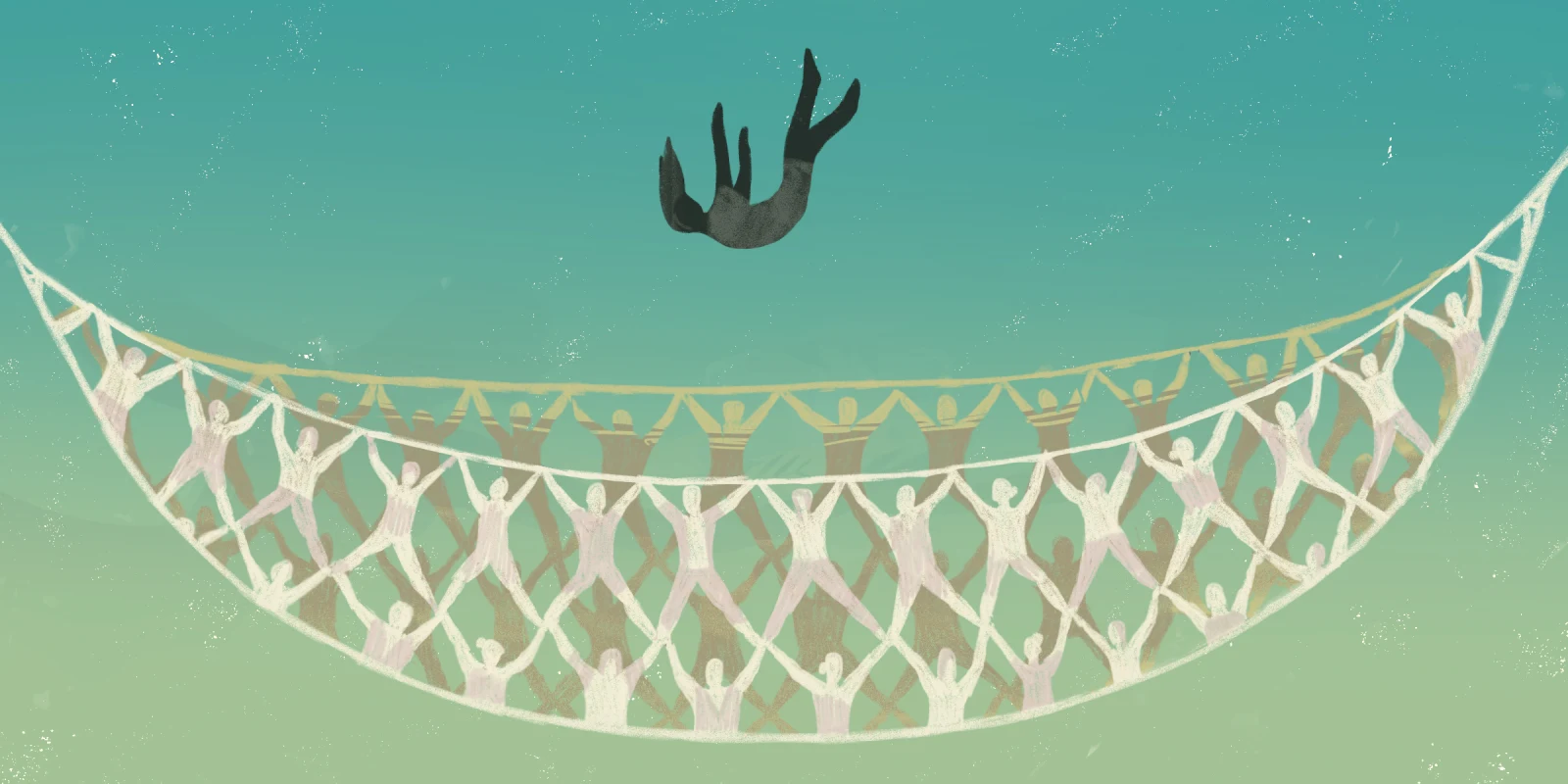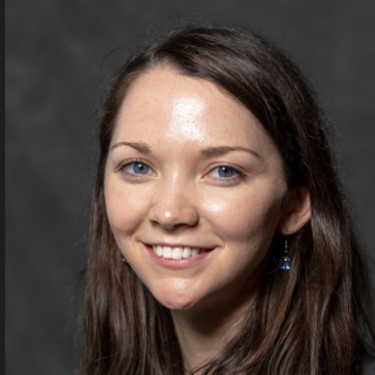“But what if I can’t find anyone to pick me up?”
My silence must have hung heavily over the phone as I tried to think of solutions to this impossible question. The patient on the other end of the line was a gregarious middle-aged woman whose Cologuard had recently returned positive, and she needed to be scheduled for a colonoscopy. Unfortunately, she couldn’t think of anyone who would be able to pick her up from her procedure, or provide aftercare in the 24 hours post-anesthesia. The gastroenterology practice that she had been referred to had canceled her appointment given concerns about her post-procedural safety. She was deeply upset, confronted by both her fear of possible colon cancer, and by the way that this experience had unmasked her social vulnerability.
I had been struck by the ways that this patient’s perplexing social situation had come to light during her primary care appointments. She seemed to fit a profile that was unfortunately not uncommon among the primary care population of our resident clinic — medically complex and experiencing a high degree of social deprivation. Our conversations during clinic visits seemed always too short to address her many medical challenges and her history of significant personal trauma. By now, I had come to recognize that these were factors which shaped her social isolation.
“Let me reach out to social work and see what solutions we can brainstorm.”
The next few days involved a number of phone calls and conversations with colleagues that did not offer any creative solutions. She wouldn’t be admitted for observation due to a high hospital census. Per policies of the gastroenterology practice and hospital system, she could not be scheduled as a planned admission any time in the near future. She couldn’t have a home care nurse pick her up to remain with her in the 24 hours after her procedure. She couldn’t be discharged to a skilled nursing facility for one night. There were no local social agencies that would be able to provide the necessary level of support.
I dreaded the idea of giving her a call back, knowing that my inability to come up with a solution would ultimately leave us sitting with the uncomfortable and unasked question: “Are you sure that you don’t have anyone?” I wish I could have prescribed my patient a friend.
As I reflected on this, I was struck by the way that being in a position of needing support is an integral part of being a patient, and is also ingrained in the work of medicine. There was an upsetting irony in the way that I could access ideas from my friends and colleagues, while my patient seemed to be left in the dark, having already exhausted her social network. I was moved by reflecting on the ways that my colleagues have shown up for me and for my patients, seeking to help think through perplexing diagnostic mysteries and logistical hardships, as well as offering me emotional support through the challenges of walking with patients. I have come to recognize that health care is at its best when it is built on such relationships, and acknowledge, too, that strains inflicted on us by our system jeopardize those relationships.
Indeed, our health care system often seems more focused on the bottom line than the individual patient or its health care workers. How can we build connections when an average primary care appointment lasts only 18 minutes, or when hospitalists spend only 18% of the workday on direct inpatient care? When senior staff members are laid off for cost savings, how can we fill the vacuum left by the absence of their wisdom and support? If nearly one-third of medical residents experience depression during their training, do they have the capacity to attend to meaningful conversations with their patients? How can nurses on the front lines of care connect when a staffing crisis spreads their time and attention across ever higher numbers of patients? How can bridges be built if the entire health care system is burned out? What happens to our patients who are already pushed to the margins and isolated when we can’t make care accessible to them?
“I’m sorry I couldn’t come up with anything else.”
I left a message on my patient’s voicemail the next day, feeling somewhat defeated. Health care systems cannot be the only solution to the crisis of social isolation and loneliness in this country. We lack a social safety net that makes it possible to take good care of people who are disconnected, and the forms of care that are designed to support those people are often stretched beyond their capacity to care, and can leave people feeling even further dehumanized. Still, there remains a role that we as health care workers must play in supporting our patients and each other. I have learned from my own experience that we are more capable of reaching those places of connection and empathy when we are less fatigued, able to be more present to the people around us. When strained by the demands of the health care system, a patient’s crisis can seem like yet another obstacle we don’t have the tools to fix. We get ever more exhausted by the ways we fail to provide care.
Improved integration between health care systems and the many forms of communities that exist surrounding them are critical to both our patient’s health and the provision of care. This has been highlighted in the 2023 Surgeon General’s Advisory on Our Epidemic of Loneliness and Isolation, which recognizes the need to incentivize the assessment and integration of social connection into health care delivery and public health. How this will be accomplished remains to be determined — and will grow ever more difficult in the midst of system strain, especially as systems deprioritize the hiring of medical social workers, or fail to invest in the community organizations that are responsible for providing care outside of the hospital. While health care systems do not have a monopoly on health, they should be able to identify non-medical social problems, and keep a pulse on our community to know where else we can turn for support.
I found someone who will be able to help me.
Mercifully, a few days after I called my patient, she left a message with my office. She had been able to find a friend from her church group who would be able to bring her back home on the bus, and stay with her overnight. She would be safe. She would not be alone.
Dr. Michaela C. Barry is a third-year internal medicine resident and aspiring infectious disease fellow currently living in Pennsylvania. She credits her medical school and residency communities for helping develop the thoughts she shares here. Dr. Barry is a 2023–2024 Doximity Op-Med Fellow. She would like to take this opportunity to acknowledge that medical training in itself can also be an isolating experience, and extend deep appreciation to those who have supported her through her residency journey - especially Shaunpaul Jones, Amundam Mancho, Samyuthka Melachuri, Olivia Jiang, Valerie Gobao, Amanda Tompkins, Brittany Bromfield, Marina Gettas, Bernie Shalit and Nanditha Venkatesan. She also would like to recognize the Surgeon General’s 2023 Advisory on Our Epidemic of Loneliness and Isolation for helping to frame loneliness and social isolation as a public health crisis, and recognize the privileged position of health care delivery systems in identifying and ameliorating these issues.
All names and identifying information have been modified to protect patient privacy.
Illustration by Diana Connolly







